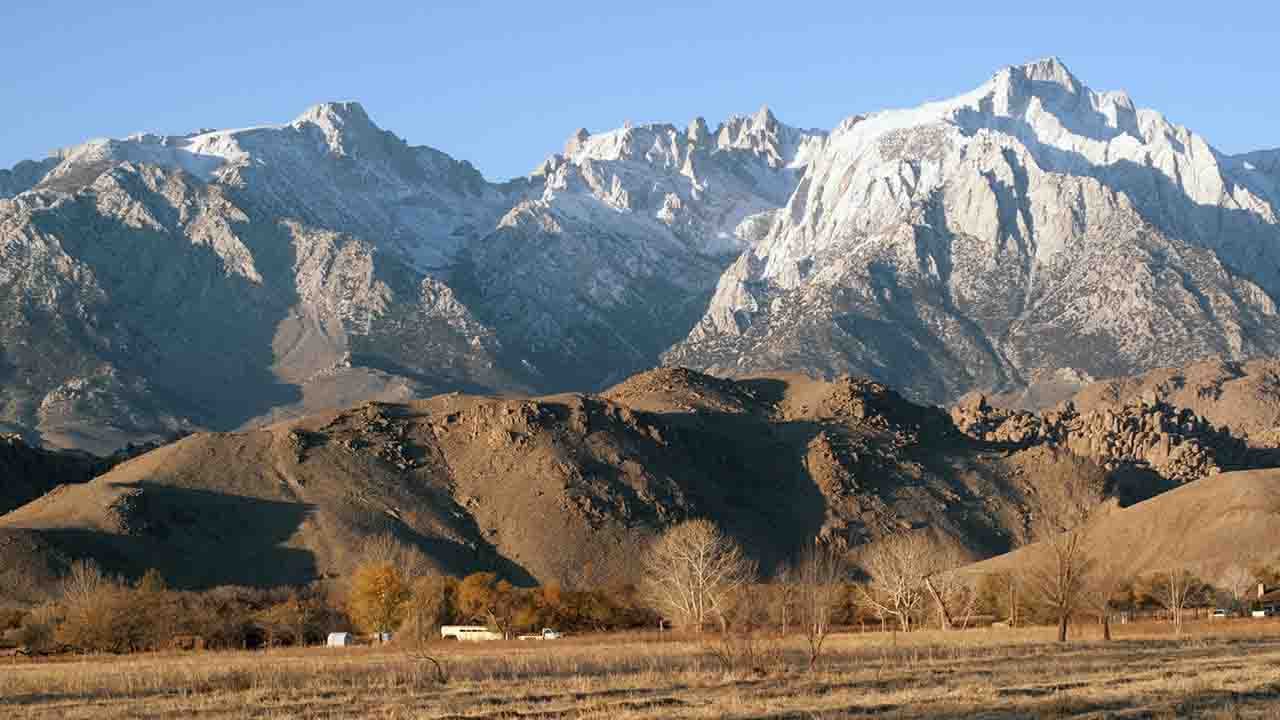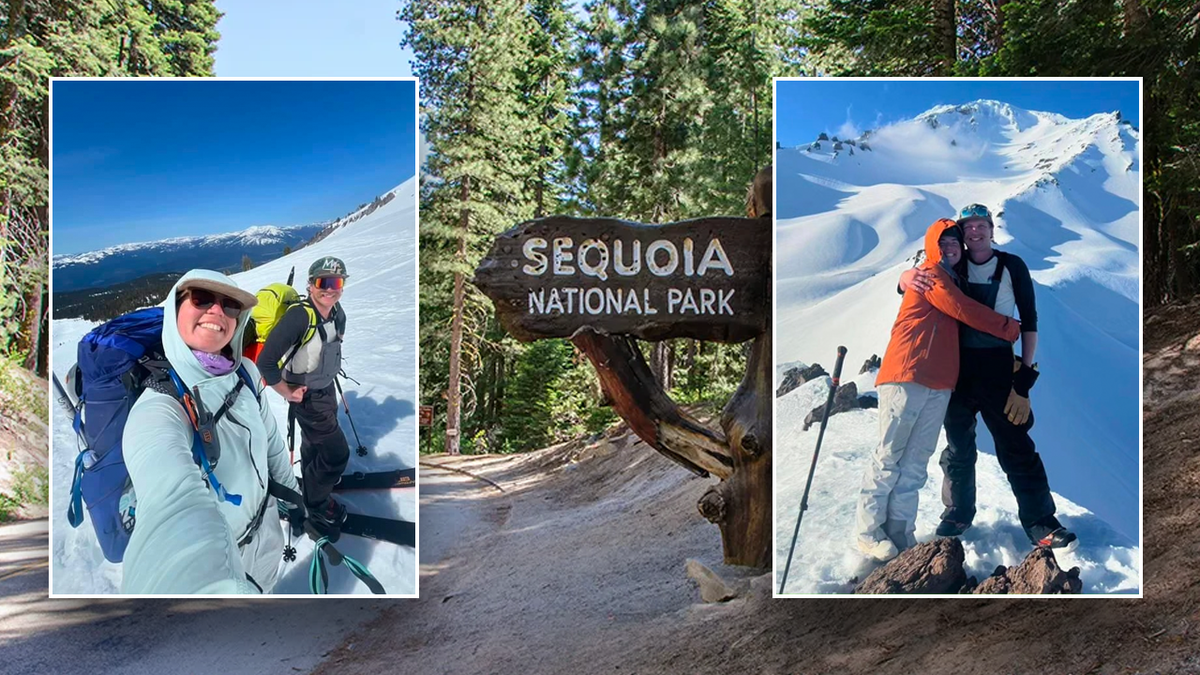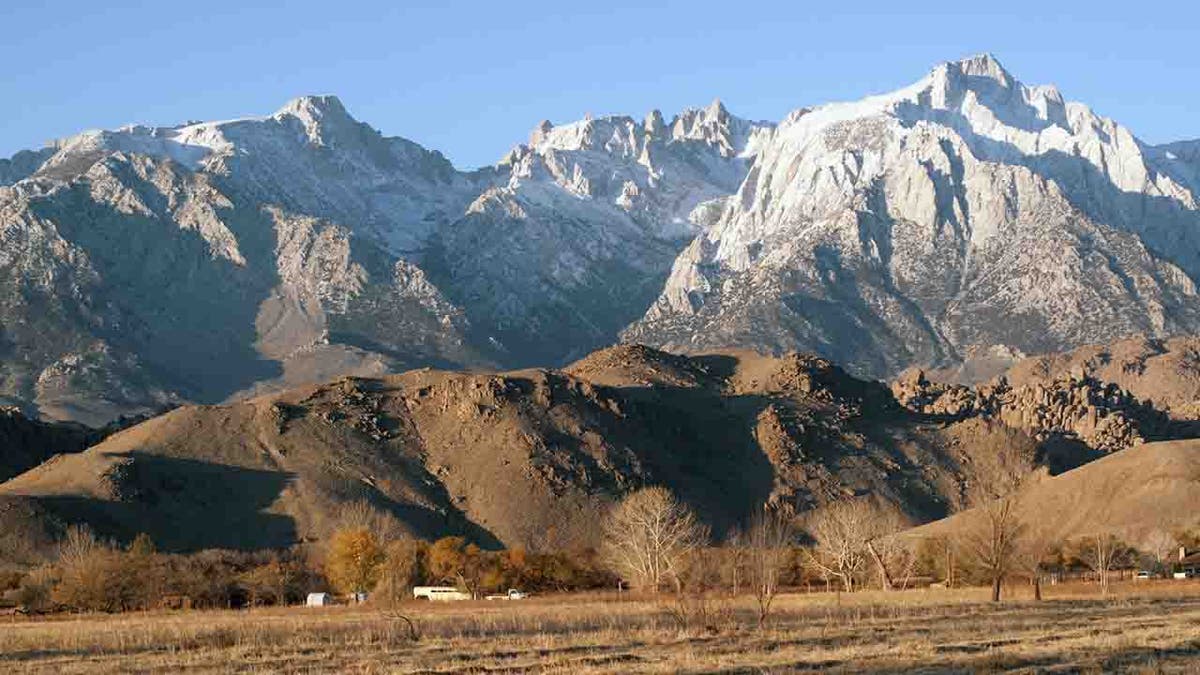The wealthiest farming family in California is planning to expand an industrial warehouse complex to transform a small town into an international trading hub.
Stewart and Lynda Resnick, the billionaires behind The Wonderful Company, already own a sprawling distribution center in Shafter, northwest of Bakersfield.
Now they are eager to expand the center to create an international hub to position the county at the forefront of the global shift to online shopping, according to a report in The LA Times.
The move would convert 1,800 acres of the company’s Kern County almond groves into additional warehousing space.
The proposal has come under fire over environmental concerns with critics saying it will increase truck traffic and worsen air quality.
Billionaire owners of the Wonderful Company, Stewart and Lynda Resnick, own a distribution center in Shafter, northwest of Bakersfield
The development would transform Shafter from a small town, with a population of just 20,162, into a booming trade hub.
As part of the redevelopment, the company is proposing building a new highway that would divert trucks from the center of Shafter.
They also want to build an inland rail terminal – at a cost of at least $120 million – to funnel products from port by rail, reducing the reliance on State Route 99.
Wonderful already build and lease warehouses to huge online shopping companies for the storage of goods and processing of orders.
They say that the expansion project and the accompanying infrastructure plans are different to a flock of giant distribution centers that have proliferated in Riverside and San Bernardino counties.
While many residents welcome the plans and the new jobs but others are concerned about the environmental impacts.
Gustavo Aguirre, assistant director of the Delano-based Center on Race, Poverty & the Environment told the LA Times: ‘I understand that company says it will bring jobs; this is true to some extent.
‘But it is also true that it’s going to bring health and environmental impacts that are going to impact the neighbors who live near the industrial park.’

They want to expand the center to create a international hub to position the county at the forefront of the global shift to online shopping

The move would convert 1,800 acres of the company’s almond groves into additional warehousing space
The industrial park has generated about 10,000 jobs, including warehouse employees, truck drivers and services handling shipping logistics, according to Wonderful Co.
They say that with the planned expansion the complex eventually could support 50,000 jobs.
But some are concerned that increased automation means the expansion won’t generate as many jobs as promised.
As technology develops and more companies use robotics to manufacture, process and deliver goods, some industrial jobs have been made redundant.
UC Riverside’s Ellen Reese told the LA Times: ‘Warehouses are both job creators and job destroyers.’

Wonderful build and lease warehouses to huge online shopping companies for the storage of goods and processing of orders

They want to build an inland rail terminal – at a cost of at least $120 million – to funnel products from port by rail, reducing the reliance on State Route 99
She added: ‘A lot of the research actually suggests that more automated warehouses have higher injury rates than less automated warehouses.’
The Resnicks are known for their philanthropy, donating to climate research, scholarships and wellness centers in the area.
Through The Wonderful Company they own POM Wonderful, Fiji Water, Wonderful Pistachios and Almonds, Wonderful Halos, Wonderful Seedless Lemons, JUSTIN Wines, Landmark Wines, JNSQ Wines and the Teleflora floral wire service company.
Aguirre is helping negotiate with the company for a broader community benefits agreement to ensure the people who live near Shafter get more than jobs out of the expansion.
He said: ‘The residents recognize that [this project] could bring jobs, but they come with a price.
‘Because of this, they say, “What are you going to do for our community?”‘
DailyMail.com contacted The Wonderful Co. for comment.































